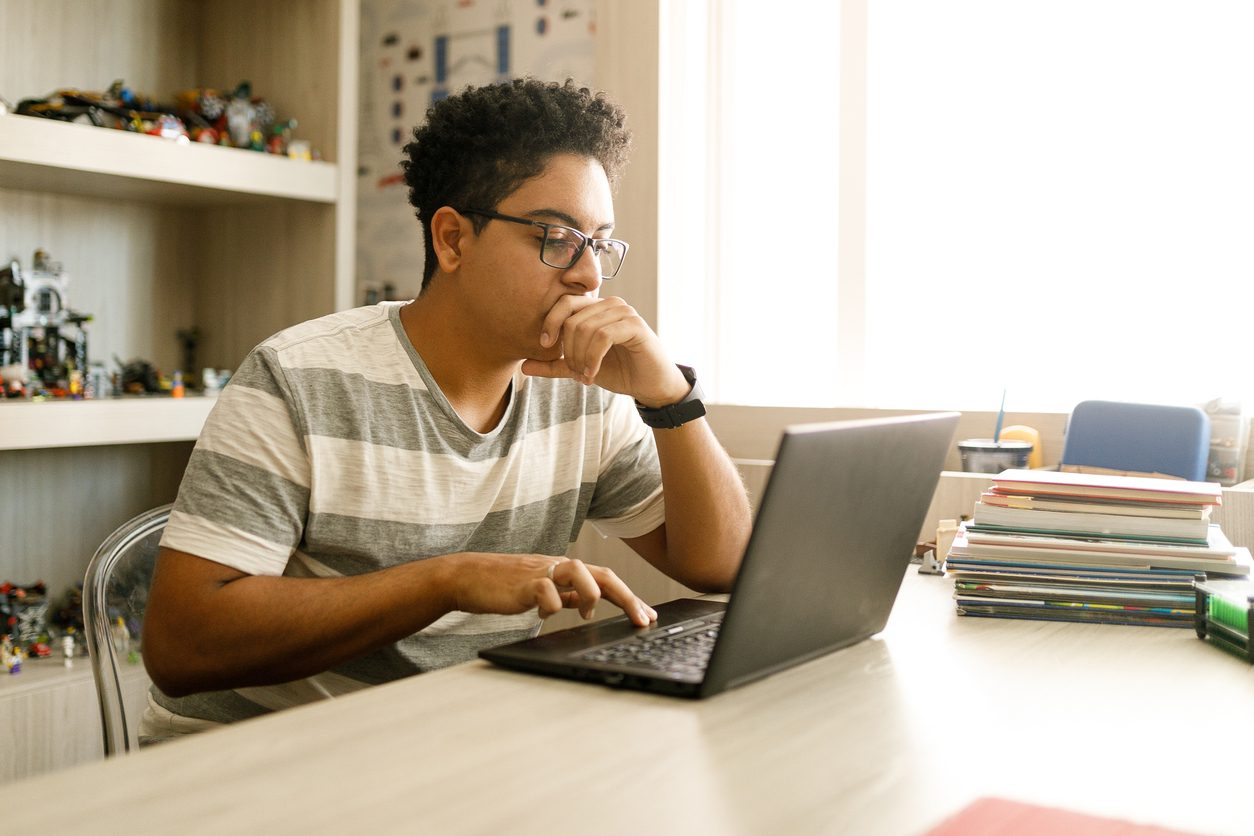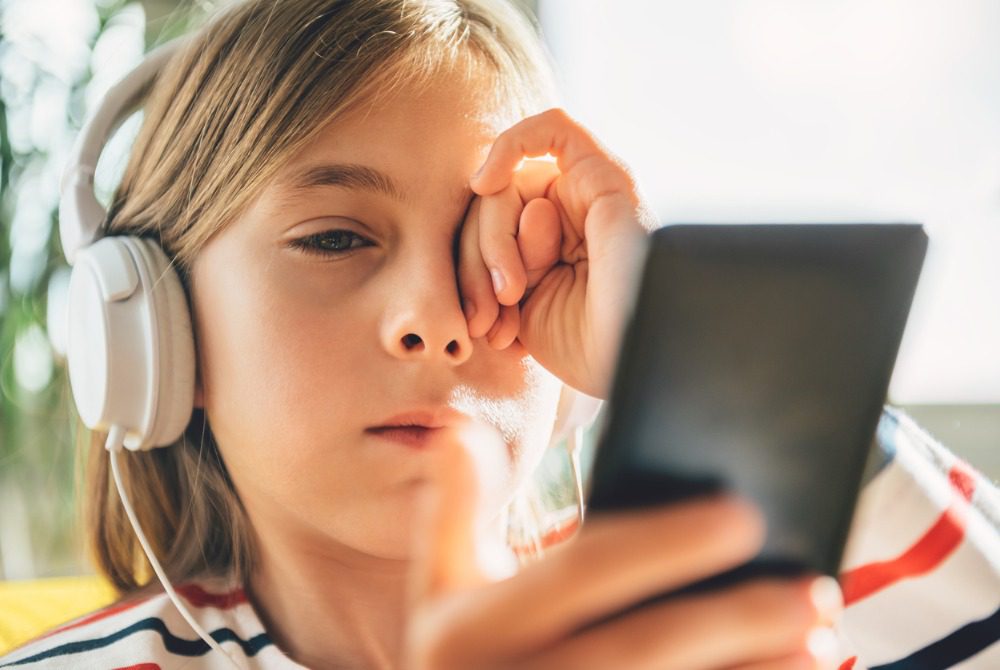With many students learning virtually, it’s important to know how to safeguard children online. Here are Tutor Doctor’s tips.
1. Create a separate user account for school. If your student is using a laptop or computer for school, make a separate login profile for school activities. This allows students to have their educational materials all in one place, with a dedicated desktop. Some tablets don’t allow separate user accounts, but students can still create a separate web browser profile just for school.
2. Check passwords. Create a unique password for school accounts. Passwords are often exposed in data breaches, and because people often reuse passwords, this is problematic. With students, this is especially important as their school profile may include sensitive personal information (home address, social security number, etc.)
3. Mind your webcam. Students should always keep an eye out to see if their webcam and/or microphone is active, especially during class time. We’ve all seen the viral videos online – don’t get caught walking around in your pajamas in front of your class! In addition, we recommend finding a way to physically cover your webcam when it’s not in use. Plastic stick-on webcam covers are extremely inexpensive, but even a piece of tape will do the trick!
4. Avoid academic dishonesty. It goes without saying that cheating is a big no-no, but a more recent problem has emerged of students exhibiting academic dishonesty without realizing it. Taking a screenshot of a test or homework assignment may be strictly prohibited, and students should be mindful of their teacher’s rules about sharing. Just because it’s on a screen, it doesn’t mean it’s free to copy!
5. Avoid strangers online. Younger kids know to avoid talking to strangers in real life, but this lesson often gets lost in translation in the digital world. Children should avoid responding to messages, friend requests, “DMs”, emails, and any other contacts other than people they know and trust in real life. This would include family members, friends, classmates, teachers, etc. Parents should know that any questionable messages can and should be reported to the social media network for review.
6. Practice safe use. Speaking of social media, students should be careful what they choose to share. We’ve said this many times before on our blogs, but the last thing anyone wants is to get rejected from a college (or job interview) because of an embarrassing social media post shared years prior. When it comes to students in the classroom, the same rules about academic dishonesty apply. It’s certainly fine to talk to other classmates using social media, but communicating via a different platform doesn’t change the rules surrounding academic dishonesty.



